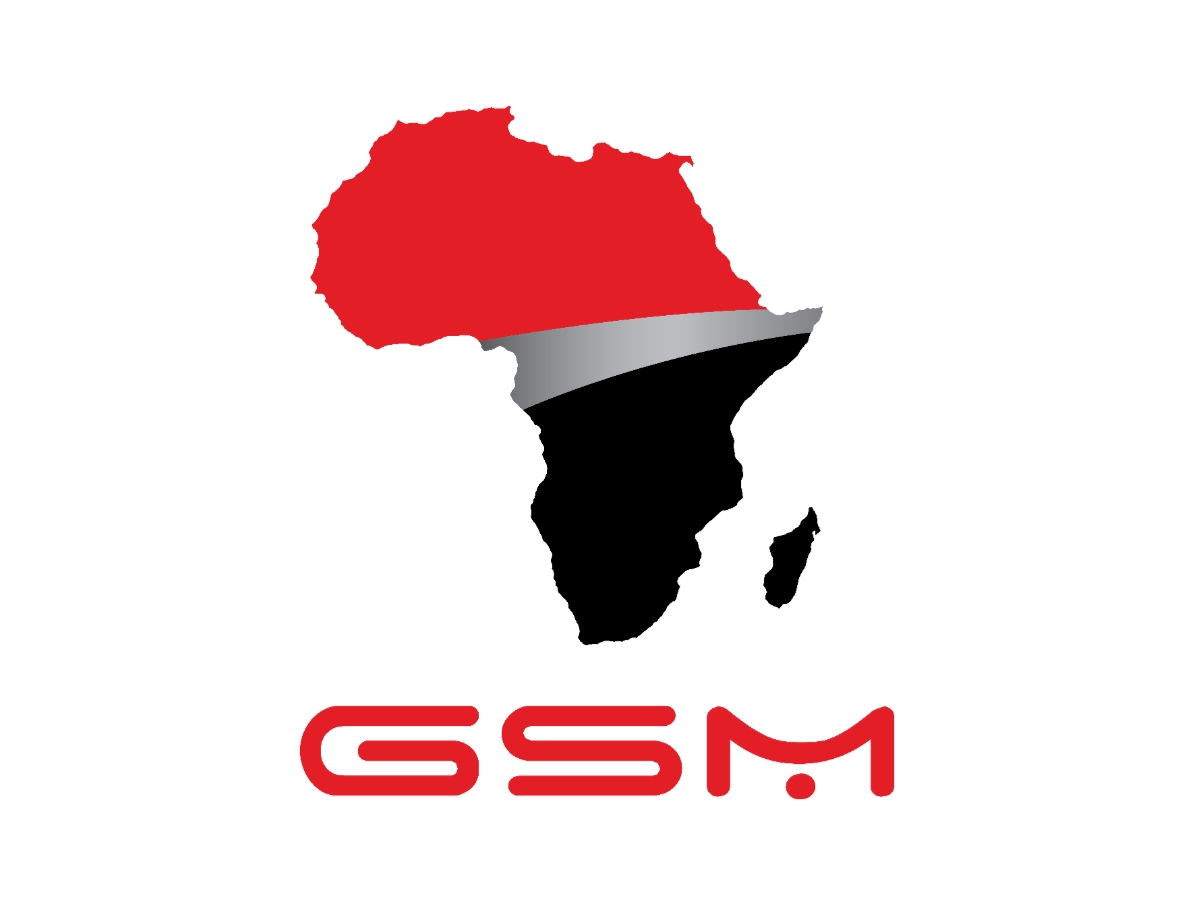
At our GSM, we believe in the power of collaboration, the strength of diversity, and the pursuit of excellence. Our team is composed of dedicated professionals who are passionate about their work and strive to exceed expectations.
>>Related: CRS Jobs | 3 Position | April 2025
Together, we aim to create synergies, leverage our collective expertise, and build strong partnerships that drive innovation and contribute to the progress of the communities we serve and propel our group forward.
1. MICRO LABARATORY TECHNICIAN – (QA/QC)
1. KEY JOB PURPOSE
To define, develop, and implement microbiological standards and work practices to ensure compliance with microbiological process and product specifications. To carry out sampling, sample preparation, and analysis of raw materials (rigid and bottling), in-process samples of water, juice, and soft drink products, and rigid packs.
2. KEY DUTIES AND RESPONSIBILITIES
a. Ensure quality control standards are in place and understood
b. Ensure on-the-job training is done for technicians and process operators against established QA/QC methods.
c. Ensure verification of the execution of the procedures is done to ensure compliance with the established standards and specifications.
d. Ensure equipment are calibrated and functioning as per original standard (Equipment calibration and Maintenance schedule developed and adhered)
e. Highlight any deviation to the quality manager and production managers for action and stop the process after consultation and where necessary.
f. Conduct GMP, hygiene, and food safety audits and surveys to identify opportunities for improvement.
g. Ensure that equipment is calibrated and is functioning as per the original standard.
h. Optimize the validity of measuring equipment.
i. Revise and develop best operating practice standards and procedures to improve microbiological compliance within the brewery.
j. Carry out specialised and highly specialised quality analyses for which the shift-based teams are not responsible
k. Audit the microbiological laboratory to ensure compliance with microbiological methodology and frequencies.
l. Support the shift-based production teams by assisting in training needs analysis.
Safety
m. Implement safety, health and environment regulations and procedures
n. Maintain safety and housekeeping standards
o. Prioritise product quality and safety as per ISO22000
p. Adherence to PPE policy
q. Unsafe conditions and work practices are identified and actioned
Drive site quality strategy
r. Revise and develop best operating practice standards and procedures to improve microbiological compliance within a facility.
s. Best Operating Practice (BOP), Supplier Partnering Program interaction involves managing a formalized system with which to engage with suppliers to enhance hygiene performance in the brewery.
t. Provide leadership and technical expertise to optimize microbiological work practices through problem solving.
u. Proper utilization of laboratory chemicals consumables to support Cost saving initiatives
3. KEY PERFORMANCE MEASURES
Product Quality & Food Safety
• Trade returns samples analysis.
• Tasting samples collection as per requirements
• Supporting NPD (New Product Development)
• CCP verification and Monitoring
• Food safety & hygiene policy compliance
• HACCP, GMP standards and CIP requirements audit
Process control
• Sampling is carried out as per manualized methods.
• Samples are identified, verified and handled to retain integrity as per manual
• Samples are prepared and dispatched, if necessary, as per the manualized method.
• Relevant apparatus, equipment and reagents are prepared as per manualized method
• Analysis is performed using fundamental laboratory techniques and practices.
• Accurate results generated at specified times.
• Results are recorded and reported as per standard manuals
• Non-conformance identified
• Out of control procedure adhered to
Health, Safety and Environment
• Adherence to PPE policy
• Unsafe conditions and work practices are identified and acted upon.
• Chemicals and reagents are handled as per manualized procedure (compatibility matrix).
• Hazardous substances are stored, handled, and disposed of as per procedures.
• Adherence to documented lab safety rules, guides, and practices.
• Incidents are reported and actioned as per procedure.
• Housekeeping schedules are adhered to
Lab Equipment Availability & Reliability
• Calibration records available and updated
• Adherence to manualized calibration frequencies
• Equipment downtime recorded and communicated.
4. KEY COMPETENCIES AND SKILLS QUALIFICATIONS AND EXPERIENCE
- Bachelor’s degree/diploma in food science and technology/microbiology/biochemistry or a related field from a recognized institution.
- Work experience (2-3 years) in the beverage industry will be an added advantage.
- Knowledgeable in ISO standards (ISO 9001-QMS, ISO 22000-FSSC, ISO 14001-EMS, 45001-OHSMS, etc.).
- Knowledge of SAP—ERP.
- Knowledgeable in ISO standards (ISO 9001-QMS, ISO 22000 – FSSC, ISO 14001-EMS, OHSMS 45001, etc.).
- Ability to utilize computer programs extensively.
- Good knowledge of micro laboratory systems, processes, and analyses.
- Communication skills and interpersonal skills.
- Problem-solving skills.
- Good understanding of HACCP, GMP standards, and CIP requirements.
- Attention to detail.
2. QUANTITY SURVEYOR
1. Key Job Purpose
The quantity surveyor is responsible for overseeing the cost control, financial management, and contractual administration of construction and infrastructure projects. This role ensures projects are delivered on time, within budget, and to the required quality standards, with a focus on financial and contractual aspects.
2. Key Duties and Responsibilities
• Cost Estimation & Feasibility Studies:
Conduct feasibility studies, perform cost analysis for materials, labor, and time, and ensure realistic budget projections. Use industry-standard software and methodologies to estimate project costs accurately.
• Tender Preparation & Cost Analysis:
Prepare and manage tender submissions, negotiate terms and conditions, and analyze costs for competitive bidding and contract awards. Ensure transparency and compliance with procurement policies.
• Budget & Cost Control Management:
Develop, monitor, and control project budgets throughout the lifecycle. Ensure accurate forecasting and take corrective actions to keep projects within budget. Track financial performance and provide variance reports to stakeholders.
• Contract Administration & Management:
Draft, review, and manage contracts, including terms and conditions, timelines, and payment schedules. Ensure compliance with contractual obligations and legal requirements. Negotiate contract terms and resolve disputes.
• Risk Management & Mitigation:
Identify potential financial, legal, and operational risks throughout the project lifecycle. Develop and implement risk mitigation strategies to minimize delays and cost overruns.
• Progress Valuation & Payment Certifications:
Regularly value completed works, ensuring accurate payment certification and efficient cash flow management. Verify contractor claims and ensure payments align with contractual terms.
• Legal & Contractual Advisory:
Provide expert advice on construction law, contractual issues, and dispute resolution. Ensure compliance with statutory regulations and industry standards.
• Reporting & Documentation:
Prepare and present detailed progress reports, financial statements, and cost forecasts for stakeholders. Document all contractual changes, variations, and cost adjustments.
• Stakeholder Engagement & Collaboration:
Collaborate with clients, contractors, project managers, and regulatory authorities to ensure smooth project execution. Facilitate communication to resolve issues and ensure alignment with project goals.
3. Key Performance Indicators (KPIs)
• Cost Savings: Percentage of projects delivered within or below budget.
• Budget Accuracy: Variance between estimated and actual project costs (target of 5% variance or less).
• Contract Compliance: Percentage of contracts fully compliant with terms and deadlines.
• Risk Mitigation: Number of identified risks successfully mitigated within the project.
• Project Timeliness: Percentage of projects completed on or ahead of schedule.
• Quality Control: Number of change orders due to poor quality or deviations from initial specifications.
• Stakeholder Satisfaction: Client feedback and satisfaction scores post-project completion.
• Tender Success Rate: Percentage of successful tenders or bids submitted versus total tenders issued.
• Payment Timeliness: Percentage of on-time payments to contractors and suppliers.
4. Key Competencies, Skills and Qualifications
• Analytical & Mathematical Skills: Strong skills in cost estimation, budgeting, and financial analysis.
• Construction Knowledge: In-depth understanding of building materials, methods, and construction processes.
• Communication Skills: Clear communication with stakeholders at all levels (clients, contractors, regulatory bodies).
• Critical Thinking & Problem Solving: Ability to anticipate problems and develop strategic solutions.
• Time Management & Organizational Skills: Ability to manage multiple projects and meet deadlines.
• Attention to Detail: Ensure high levels of accuracy in financial reporting and contract documentation.
• Negotiation Skills: Ability to negotiate favorable terms with suppliers and contractors.
• Technical Proficiency: Competence in industry-standard software.
• Risk Management: Expertise in identifying and managing construction risks.
• Financial Acumen: Strong understanding of financial principles, cost control, and project accounting.
Education and Professional Qualifications:
• Bachelor’s degree in civil engineering/quantity surveying or related field.
• At least three years of experience in the construction industry in roles such as quantity surveyor, cost estimator, or similar.
• Experience in private sector projects preferred.
• Certified Professional Quantity Surveyor (CPQS) or equivalent certification.
• Proficiency in English (written and spoken).
• Familiarity with industry-standard construction software.
3. WATER TREATMENT TECHNICAL OPERATOR
1. KEY JOB PURPOSE
To ensure efficient running of the water treatment system and its supporting machines, giving maximum output, optimum materials (treated water) yields, and acceptable quality as per the agreed set targets.
2. KEY DUTIES AND RESPONSIBILITIES
o Making sure that the whole water treatment system is in good working order and efficiently working.
o Perform CIP and ensure that it is done well and at the stipulated time.
o Coordinate well with line supervisors and quality personnel for water demand fulfillment
o Operate the machine, always observing safety and hygiene.
o Ensure that raw water is always available for process
o Operation of borehole pumps , raw water tanks and raw water pump station
o Always check raw water volumes in storage tanks and record all corresponding data as will be required (storage, processed water, treated water and checking parameters)
o Manage wastage generated from water treatment system and CIP processes
o Cleanliness of the machine and its environment must be maintained at all times.
o All operation records are filled during production, ensuring that the performance of the equipment and quality of treated water are strictly monitored.
o Ensure reconciliation of raw water usage and production output is done after every shift.
o Troubleshoot any faults and report all breakdowns and abnormal machine behaviors to the immediate supervisor.
o All machines must be switched off when not in use.
o Write SOPs for the machine and processes.
o Should be able to train and develop other water treatment operators.
o Ensure other responsibilities allocated from time to time are accomplished well and on time.
o Follow GSM Beverages GMP and code of ethics
3. KEY PERFORMANCE MEASURES
• Productivity and Material yield
• Manpower and Time management
• Quality Management Systems
• >85% production efficiency
• Implementation of GMPs
• Good Ergonomics
• 98% Returns on good time management
• Increased machine efficiency and productivity from proper use of available people & equipment timeously
• Minimising overtime expenses
• 100% adherence to regulatory stipulations ISO9001
• <1.2% tolerance in quality deviations
• Efficient and fast resolution and response to process/operational misbehaviours
4. KEY COMPETENCIES AND SKILLS QUALIFICATIONS AND EXPERIENCE
• Minimum education is Diploma in Food Science, Production , Water quality, manufacturing, etc.
• At least 3 years’ experience as Water Treatment operator, preferably having worked with Krones or KHS machines • Treated water yield 99%
• Raw water stocks availability
Line Utilization 85%
• Safety conscious
• Good communication skills.
• Good housekeeper
• Quality conscious Education
